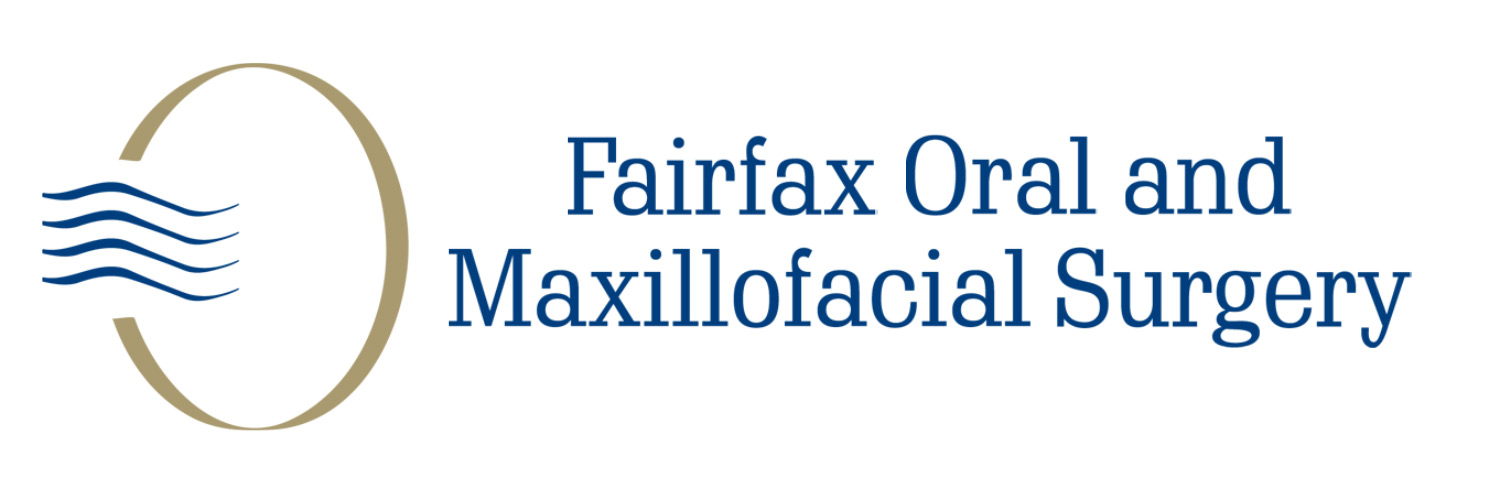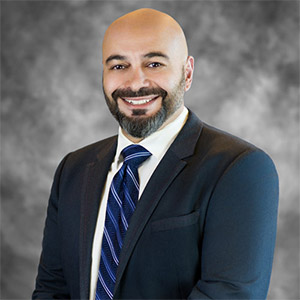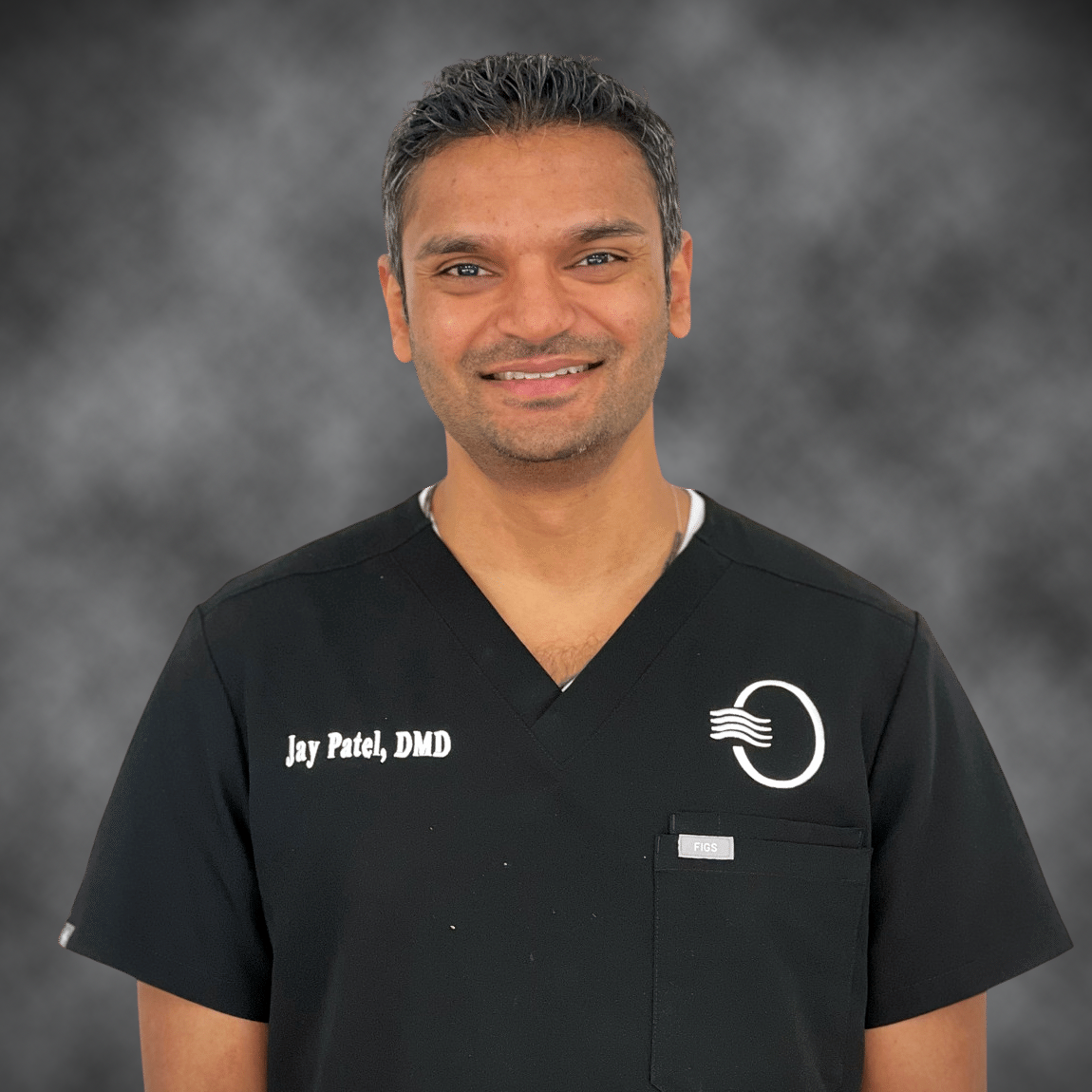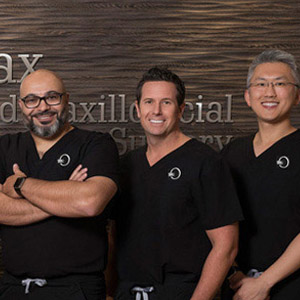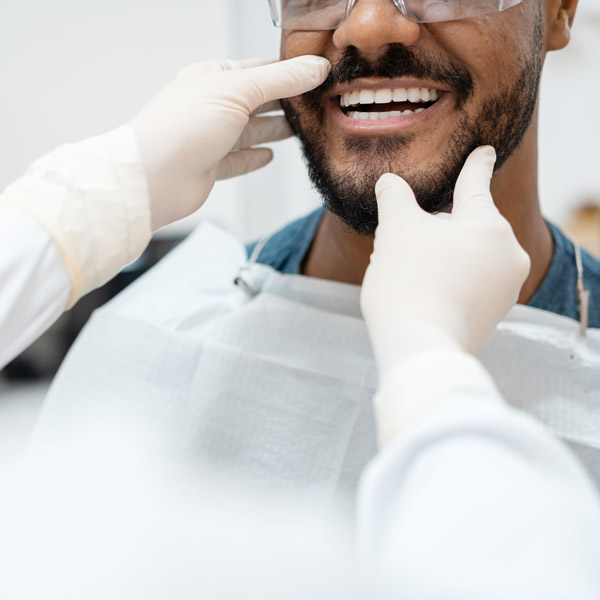Oral Pathology
What Is Oral Pathology?
Oral and maxillofacial pathology is the specialty which deals with the identification, nature, and management of diseases affecting your mouth. Oral pathology investigates the causes, effects and processes of oral and maxillofacial diseases.

What Are Some of the Common Conditions That We Treat?
- Benign cysts and tumors in or in close proximity of the jawbones
- Non-healing ulcerations in the oral cavity
- Benign and Malignant Salivary Gland Tumors and Conditions
- Bisphosphonate Related Osteonecrosis of the Jaw
- Red and White lesions of the oral cavity (Erythroplakia and Leukoplakia)
What Are Signs of Oral and Maxillofacial Diseases?
Healthy gums should look smooth and be a coral pink color. During the course of daily brushing you should inspect your gums, and if you notice a change in the appearance there is the possibility that it could be the development of a pathological process. They are many different types of pathological diseases with the most serious being oral cancer. The follow are a few symptoms that could indicate the early stages of a pathologic process or cancer:
- Difficulty while swallowing or chewing
- Thickening or a lump on your gums
- Red and white patches in the mouth
- Sore(s) that bleed easily or fail(s) to heal
- Continuous sore throat or rasping
It is important to note that you may not experience pain with these symptoms which are noticeable on your cheeks, lips, face, neck, tongue, palate, and gum tissue around your teeth.
Should I Check for Oral Pathologies?
In addition to normal viewing of your gums while you brush, you should inspect your mouth at least monthly for changes like the ones listed above. If you see suspicious sores or lumps or other changes in and around your mouth, do not ignore them and contact us to set up an appointment.
Oral and Maxillofacial Reconstruction
There are many options for reconstruction if you have undergone a resective or ablative procedure due to a benign or malignant lesion. Our oral surgeons have extensive training and experience in oral and maxillofacial reconstruction, and can help return the function and quality of life that was lost. We will meet with you one on one and determine a treatment plan specifically for your needs.
